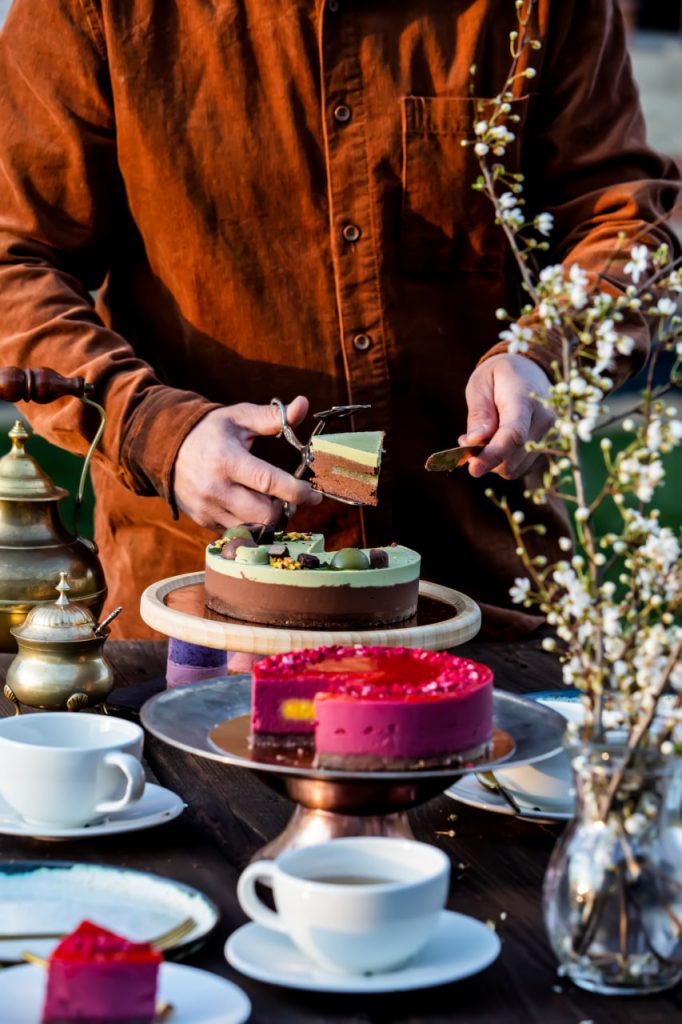The heart of every great food tour is built on trust, taste, and true connection.
Introduction
Behind every memorable culinary tour is a network of passionate, hard-working local food vendors. From street stall owners and bakers to butchers, cheesemakers, and farmers, these people are the soul of the experience. But building meaningful, lasting relationships with them takes more than just asking for a business deal—it takes time, respect, and authenticity.
If you’re serious about creating authentic, ethical, and successful food tours, this guide will show you how to establish strong partnerships that benefit both you and your local collaborators.
Why These Relationships Matter
Local food vendors aren’t just stops on your tour—they’re co-hosts, storytellers, and cultural ambassadors. When you bring a group to someone’s food stall or bakery, you’re inviting guests into that person’s life and craft. These connections shape the quality of your tour and the integrity of your brand.
Strong vendor relationships help you:
- Create consistent and high-quality guest experiences
- Access unique, behind-the-scenes content
- Build local credibility and reputation
- Ensure fair, respectful collaborations that last
Step-by-Step: Building Vendor Relationships
1. Start as a Customer, Not a Seller
Before you ever mention a tour, go in as a guest. Eat the food, observe the service, ask a few questions, and support their business like any regular customer. This shows genuine interest—and it helps you identify which vendors align with your values and tour vision.
Tip: Visit multiple times and at different hours. Vendors will notice your consistency.
2. Build Trust with Small Talk and Curiosity
After a few visits, strike up casual conversations. Ask about their story:
- How long have they been here?
- What’s their specialty?
- What makes their recipe unique?
People love to talk about their craft when they feel respected—not sold to.
3. Be Transparent and Respectful When Pitching
Once you’ve established rapport, it’s time to explain your idea. Be clear, friendly, and focused on mutual benefit.
Try saying something like:
“I’m building a small food experience for travelers to discover real local flavors. I love what you do, and I’d love to include your food in the tour if you’re open to it.”
Avoid sounding corporate. Keep it human, passionate, and grounded.
4. Show How It Benefits Them
Vendors are often busy, overworked, and cautious of being taken advantage of. Highlight how working together can help them too:
- Regular exposure to new customers
- Opportunities for storytelling and recognition
- Potential for additional income if agreed
- Visibility on your website and social platforms
Bonus: Offer to take quality photos for their own use, or help them list their story on your blog.
5. Keep Your Word—and Keep It Simple
Once they agree, keep your commitments simple and clear:
- When will you come?
- How many guests?
- What exactly will guests do or taste?
- Are you paying for samples or including it in a deal?
Write it down, and don’t overcomplicate. Be reliable, punctual, and communicative.
6. Make Them Feel Like a Partner, Not a Prop
Give vendors a voice in the experience. Let them speak to guests if they want. Include their names in your materials. Celebrate them, tag them, recommend them.
When guests feel the human connection behind the food, the experience becomes unforgettable.
7. Keep Nurturing the Relationship
Relationships take work. Don’t only show up when you have a tour. Drop by sometimes, promote them online, invite them to community events, bring feedback from guests. A few minutes of sincere check-in go a long way.
Common Mistakes to Avoid
Only showing up when you need something
Making assumptions about what vendors want
Taking photos or video without permission
Trying to negotiate “free samples” without offering value in return
Failing to communicate guest expectations (dietary needs, allergies, timing)

